Why Plastic Isn't the Problem
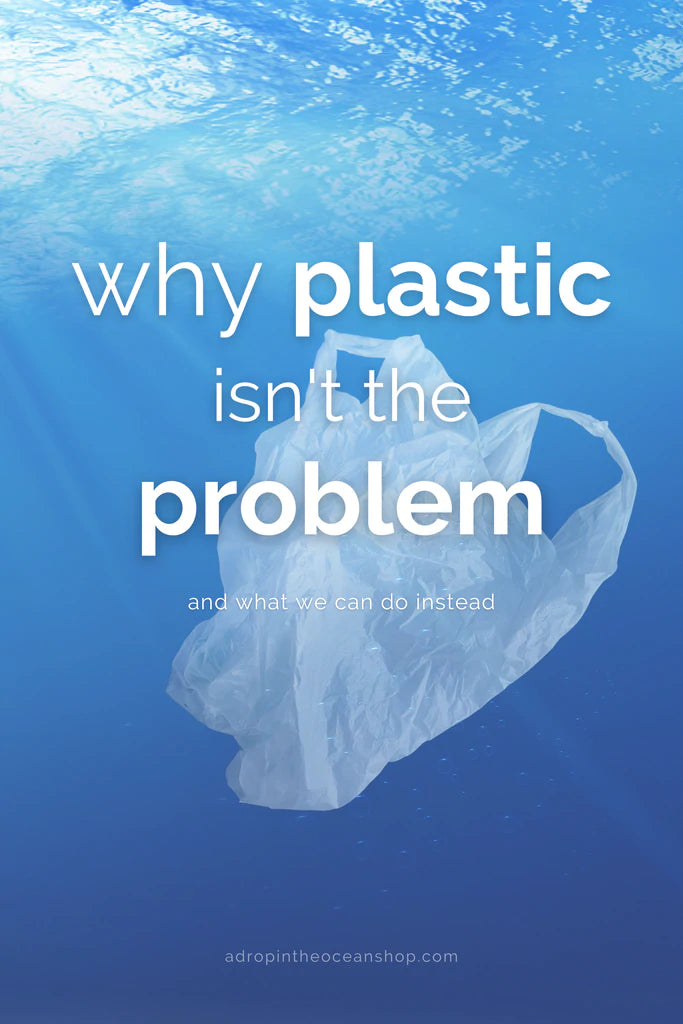
Two weeks ago a video popped up on my Facebook feed titled “What if plastic was never invented?” As I watched it, I found myself experiencing several conflicting thoughts at once. With the plastic free, zero waste, and low impact movements gaining traction, plastic has become vilified, but plastic isn’t really the problem.
A Bit of History
Plastic is so commonplace today that we often forget that it really wasn’t invented all that long ago, and it was actually invented for a really good cause. In the 1860s, a billiards supplier offered a “handsome fortune” of $10,000 to anyone who could invent an alternative to ivory for billiard balls. While the first alternative created was not actually a great solution for billiard balls, it was an effective alternative for ivory in combs, and led to the invention of several other types of plastics.
Today, around 100 elephants are killed each day for their ivory, and their populations have dropped by 62% over the last decade. Without plastic, that number would be immensely higher. We may not even have elephants today were it not for plastic.

During World War II, resources were limited, and plastic was used in every possible way for the war effort. Many historians actually credit plastics just as much as military capabilities with the outcome of the war. Without plastic, we would be living in a drastically different world today.
It wasn’t until 1955 when our plastic problems truly began.
Once WWII was over, we not only had created several types of plastic, but we had mass production capabilities. When we no longer had a war to supply with plastic, the plastic manufacturers needed a new customer base. They turned to the average consumer.
In 1955, LIFE magazine published an article titled Throwaway Living, praising disposability. Until this time, disposability was absurd. Products were designed to last. The idea of using something once and throwing it away simply made no sense. But the article celebrated this new lifestyle. “No housewife need bother” doing the dishes anymore - just throw them in the bin instead! Suddenly, disposability was cool.

Image credit: LIFE magazine, 1 August 1955
This is the power of manufactured demand. Throwaway Living is credited with launching our disposable society.
Yes, plastic is choking our oceans. But it’s not really the plastic’s fault. By only addressing the plastic problem, we ignore the root cause.
Our Relationship with Stuff
If we get rid of plastics, we’ll simply replace it with something else. Perhaps glass, aluminum, or cardboard. All of which are highly recyclable, and even food-soaked cardboard can be composted. This sounds great, right?? But glass, aluminum, and cardboard still require resources to create, and are not always recycled. Producing more glass, aluminum, and cardboard will still strain our environment. It may not entangle seals or cause starvation in birds, but we’ll still extract valuable resources from the earth, harm habitats and ecosystems, and send a lot of perfectly usable resources to landfill.
We live in a society dominated by overconsumption. We do not have respect for our belongings.
I recently read an Amazon product review praising a product for being “sturdy enough to use again if I feel like it, but cheap enough I can just throw it away and buy more if I want.”
This. This is the problem. We are habituated to buy products with the sole intention of throwing them away.

“There is no such thing as away. When we throw anything away, it must go somewhere.” - Annie Leonard, The Story of Stuff
Let’s not vilify plastic. Let’s remember its usefulness, its purpose, and its benefits. Let’s remember that I’m writing this post on a laptop made of plastic. Let’s remember that without plastic, our medical advancements would basically be non-existent.
Let’s rethink our consumption habits. Let’s rethink our relationship with stuff. Let’s put value back into our possessions.
“Our trash tells a story...a story about what we value.” - Andrea Sanders
Plastic is a non-natural, non-biodegradable, hardly-recyclable material. While it is important that we find a suitable alternative, it is even more important that we rethink, refuse, reduce, and reuse.
What are your thoughts on the plastic problem?
Related:
Is a reusable straw better than a plastic one?
The Ultimate History of Single-Use Plastics: How did we become a disposable society?
What exactly does the chasing arrows recycling symbol mean?


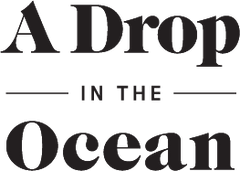


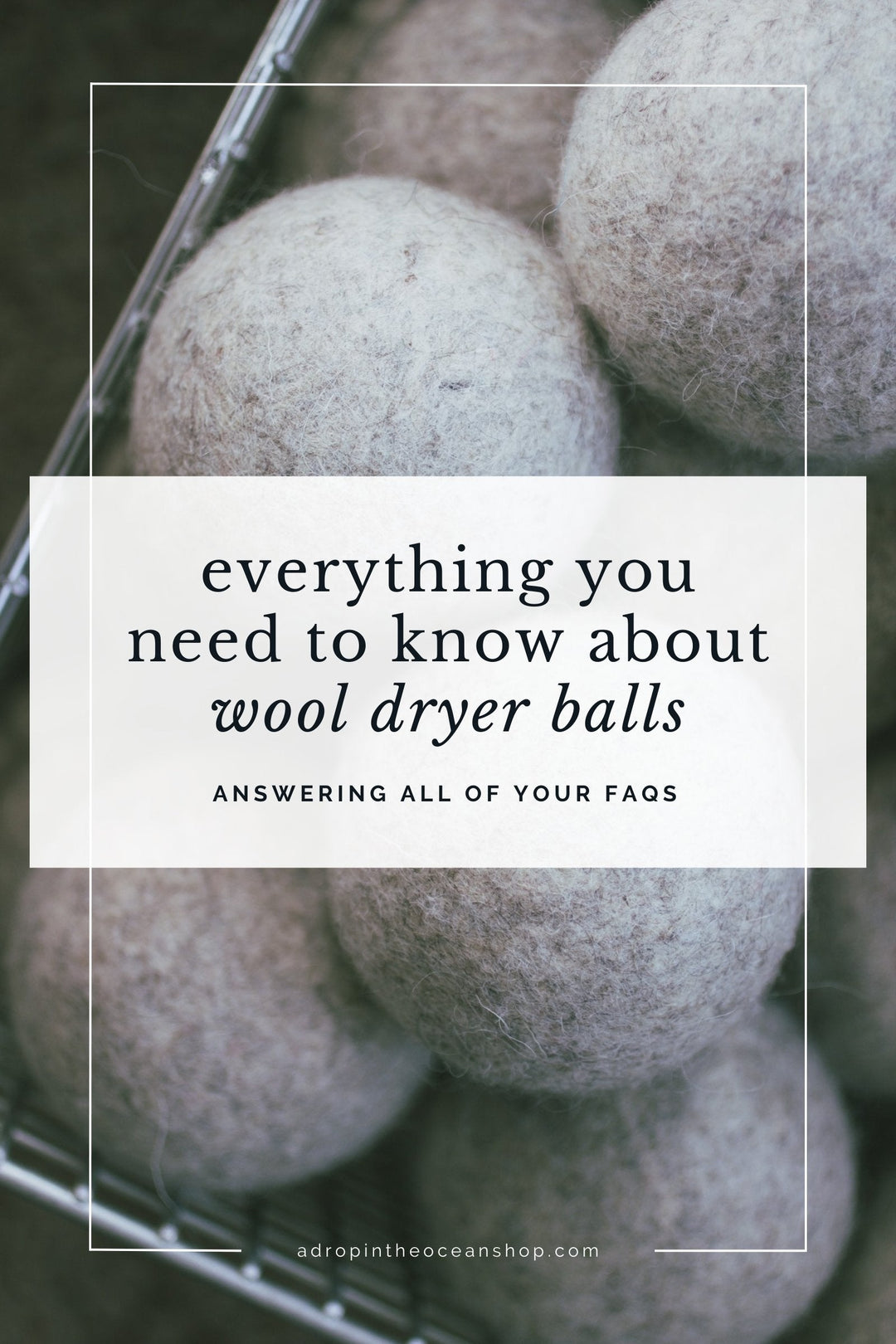
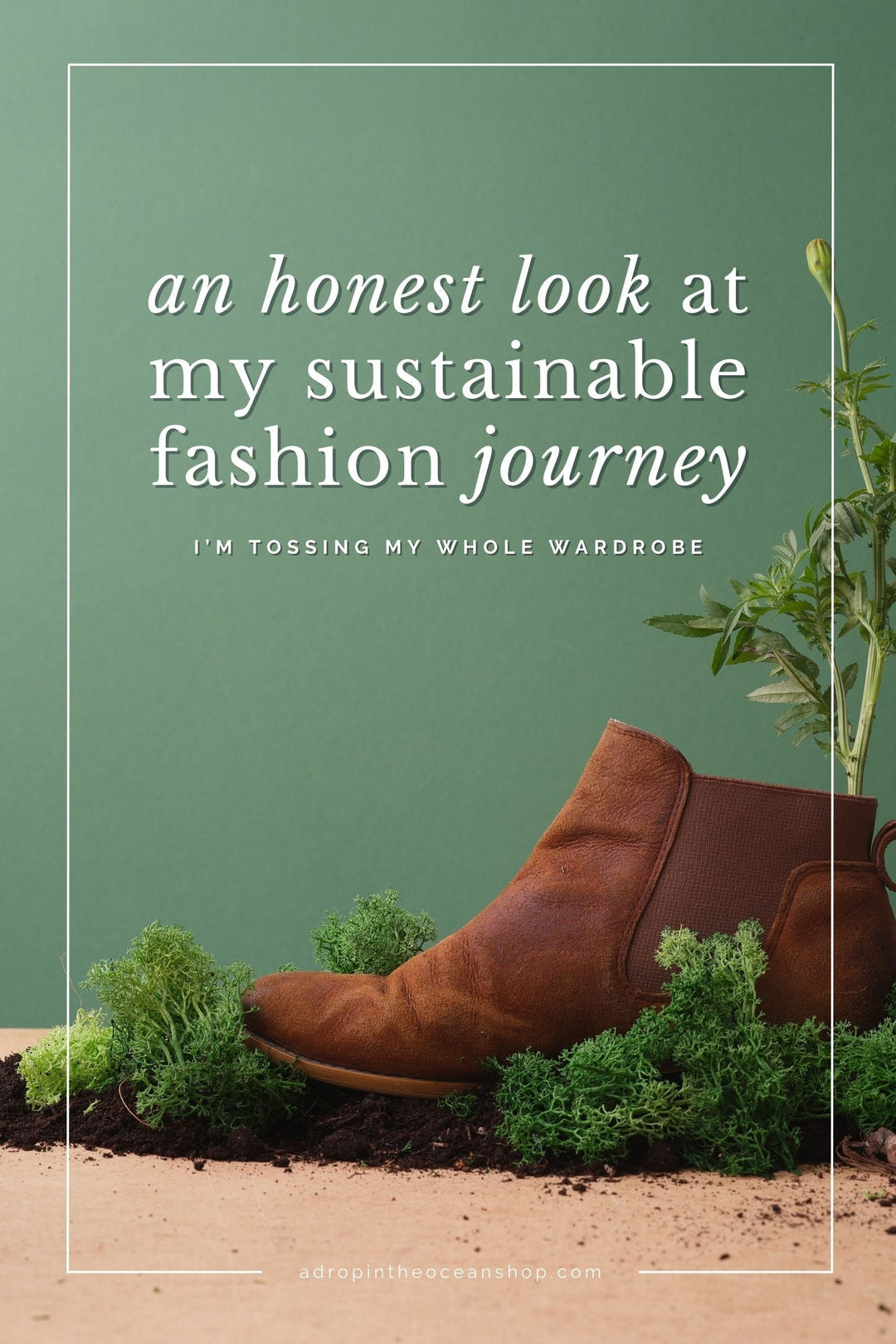
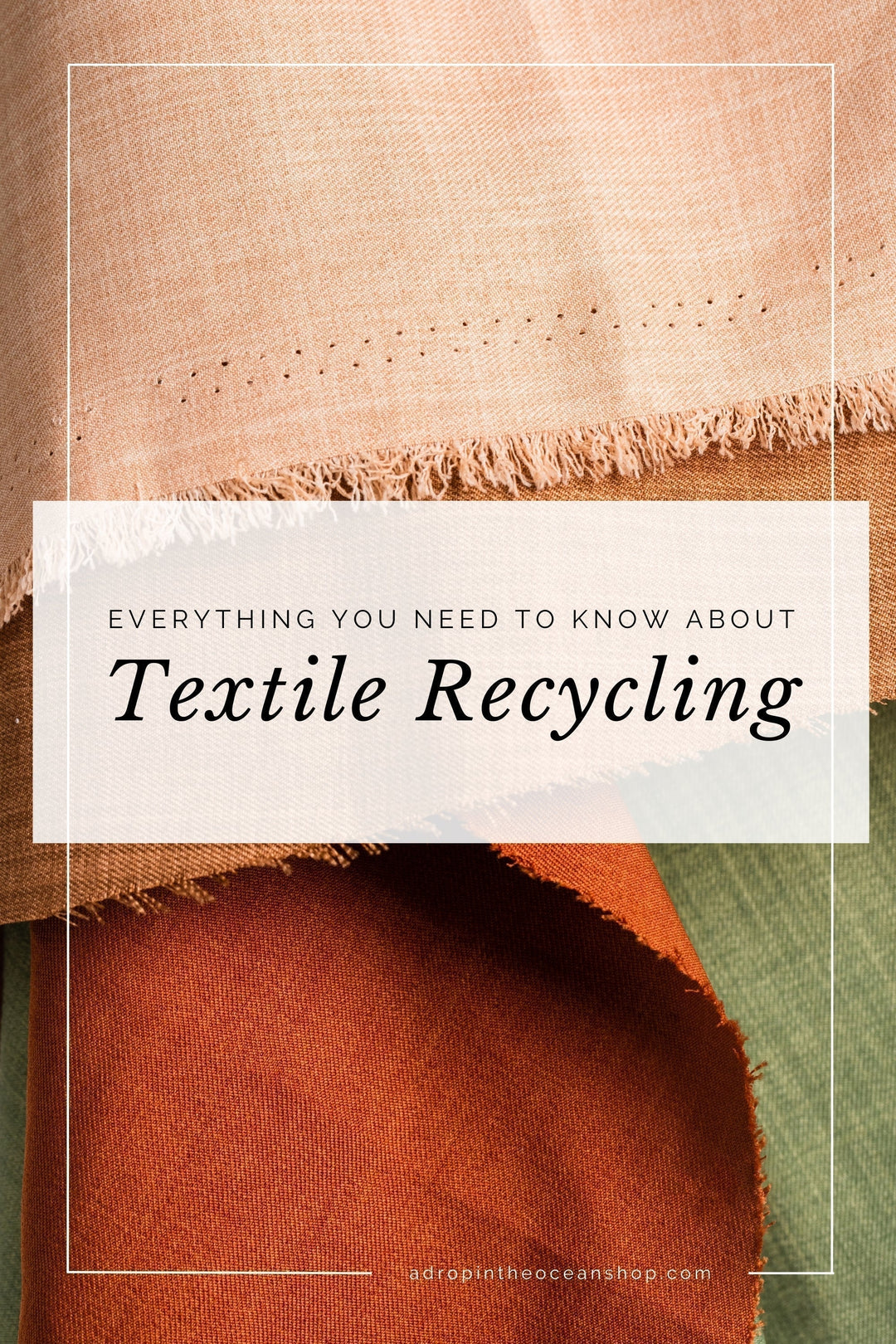
It is about time to address the REAL problem. The problem is not so much too much consumerism but too many consumers. There are too many people living on the planet, reduce the numbers and consumption will automatically drop and we then have a smaller problem to solve.
Plastic need not be such a HUGE problem if people lobbied their governments to legislate the construction of recycling plants, with a requirement that everything be recycled. People must lobby the manufacturers to come up with better biodegradable packaging. And the amount of plastic in circulation could also be reduced if everyone reused their plastic containers and shopping bags a number of times.
Too many people on the mudball is the problem and manufacturers of products that cannot afford to manufacture products that last because the shareholders would not get a dividend. All about the dollar.
Meat and dairy would be more sustainable and a healthier product if raised in a permaculture setup. Factory farming is more of the issue. And many people (like me) have suffered declining health from veganism, before finding the work of Weston Price.
Factory farming, single use plastics, the problem is indeed our relationship with stuff and with the world. I would even go so far to say that when animism was the dominant “religion” on the planet that people had inherently more respect for things that were not human. The Abramic religions that make up a good chunk of the world now do little to give people a template in how to relate to the living earth.
Oh, and from what I hear oyster mushrooms are able to help with breaking down plastics. I haven’t researched this much yet so I can’t speak much to that.
I believe fact checking is other anothe killer thing to nature and people. As long as ignorance is a bliss and majority believes what they want without care to fact check innocent people and creatures will be damaged and killed all around the globe. Watch “brexit” and check your facts !😬
Leave a comment